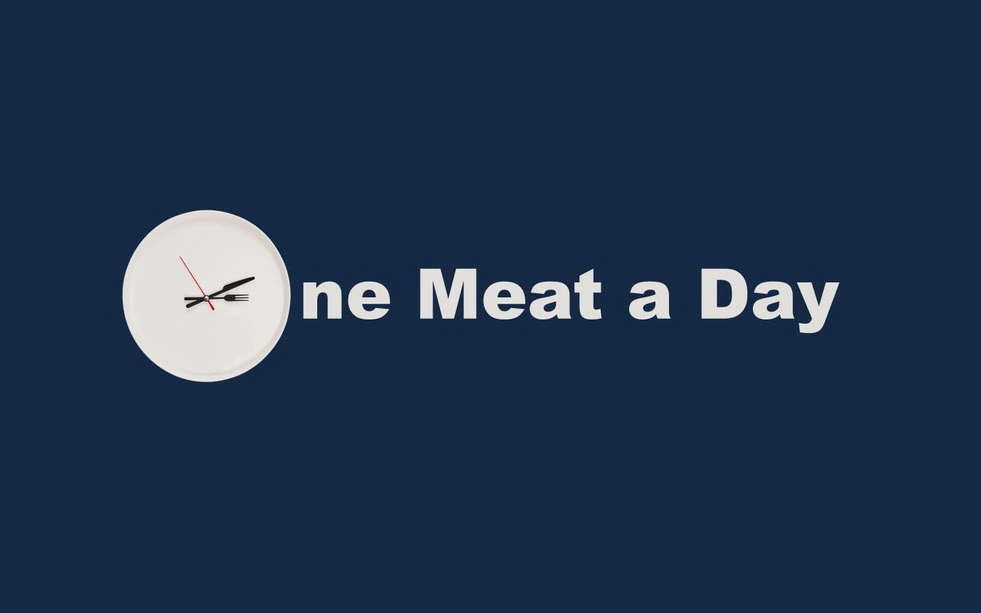The One Meal a Day diet is a form of intermittent fasting where people consume all their daily calories in a single meal. This method extends the fasting period to about 23 hours, allowing only one hour for eating.
The concept is simple but extreme, and it has roots in historical practices where early humans may have only had access to one substantial meal a day due to hunting and gathering lifestyles.
The primary rule is that all daily caloric intake must occur in a one-hour eating window. Individuals can consume zero-calorie beverages like water, black coffee, and tea outside this window.
OMAD Diet Foods List
On the OMAD diet, while you can choose what you eat, opting for a well-balanced meal is crucial to staying full and energized throughout your fasting period. Nutrition expert Andrews suggests that “limiting alcohol and added sugars can help reduce cravings during the fasting hours.” She also highlights that non-caloric beverages such as black coffee, unsweetened tea, and seltzer water are permissible during fasting to help manage hunger without breaking the fast.
Building A Balanced Meal For The OMAD Diet
When it’s time to eat your one meal a day, choose a plate that includes:
- Healthy Carbohydrates: Choose whole grains, fruits, and a variety of vegetables to ensure a good fiber intake and essential nutrients.
- Lean Proteins: Incorporate sources like poultry, eggs, fish, and dairy. Also, consider plant-based options such as beans, legumes, and soy products. Including krill meat and other types of fish can be an excellent way to diversify your protein sources.
- Healthy Fats: Choose fats that promote good health, such as nuts, seeds, avocados, and oils. These fats are not only good for your heart but also help you absorb fat-soluble vitamins.
Benefits Of Adding Krill To Your OMAD Diet
Krill offers several impressive health benefits:
- Rich in Omega-3 Fatty Acids: Krill oil provides EPA and DHA, promoting heart health by lowering the signs of high cholesterol and improve cognitive function.
- Contains Astaxanthin: A potent antioxidant found in krill meat that help to reduce inflammation and protect cells from damage.
- Sustainable Source: Krill is considered one of the more sustainable choices for seafood lovers, with strict regulations to prevent overfishing.
Advantages Of OMAD Diet
The advantages of the One Meal a Day (OMAD) diet include:
Simplicity And Convenience
The OMAD diet simplifies meal planning and preparation since it involves only one daily meal. This can be particularly beneficial for people with busy schedules who find it challenging to prepare and eat multiple meals throughout the day.
Potential Weight Loss
Eating once a day can naturally reduce calorie intake, as consuming a day’s worth of calories in one sitting can be challenging. This calorie deficit can lead to weight loss over time.
Improved Insulin Sensitivity
The OMAD diet has been shown to improve insulin sensitivity, which can help manage or prevent type 2 diabetes. The extended fasting period in OMAD might enhance this benefit. In addition to the OMAD diet, you can also follow the Mediterranean diet to control your diabetes.
Enhanced Focus And Productivity
Some adherents of the OMAD diet report higher levels of focus and productivity during the fasting period, possibly due to lower fluctuations in blood sugar levels.
Disadvantages Of OMAD Diet
The OMAD diet has several benefits. However, it also has some drawbacks, which include:
Nutritional Deficiencies
Consuming all your nutrients in one meal can make meeting your daily nutritional needs challenging. This can lead to deficiencies, particularly if the meal isn’t well-balanced.
Extreme Hunger And Overeating
The long fasting can lead to intense hunger, which might cause overeating during the eating window. This can negate the calorie deficit needed for weight loss and potentially lead to digestive discomfort.
Potential Increase In Stress Hormones
Fasting for extended periods can increase the production of cortisol, the body’s primary stress hormone. Elevated cortisol levels can have various adverse health effects, including reduced immune function and increased abdominal fat.
Who Should Not Follow The OMAD Diet?
The OMAD diet is not suitable for everyone. Specific groups who should avoid this diet include:
Pregnant and breastfeeding women: They require consistent nutrition to support fetal and newborn growth.
Individuals with a history of eating disorders: The restrictive nature of OMAD can trigger unhealthy behaviors and thoughts related to eating.
People with certain medical conditions: Those with low blood pressure or other health conditions that require regular food intake to manage symptoms.
Adolescents and children: They need regular nutrient intake for growth and development.
Conclusion
The OMAD diet can offer benefits like weight loss and simplicity in meal planning, but it also comes with significant risks, such as nutritional deficiencies and potentially social isolation. It’s crucial to consult with a nutritionist before starting any drastic dietary regimen, especially one as extreme as OMAD, to ensure it’s appropriate based on individual health needs and lifestyle.
Frequently Asked Questions
Will I Lose Weight On The OMAD Diet?
While many people experience weight loss due to the naturally reduced calorie intake, results can vary. The key to weight loss on the OMAD diet is to ensure that your single meal is nutritious but not overly caloric.
How Long Should I Follow The OMAD Diet?
The duration can vary depending on your health goals and how well you tolerate the eating pattern. It’s advisable to start with shorter periods and consult with a Nutritionist to assess the suitability and duration of the diet for your specific health needs.










